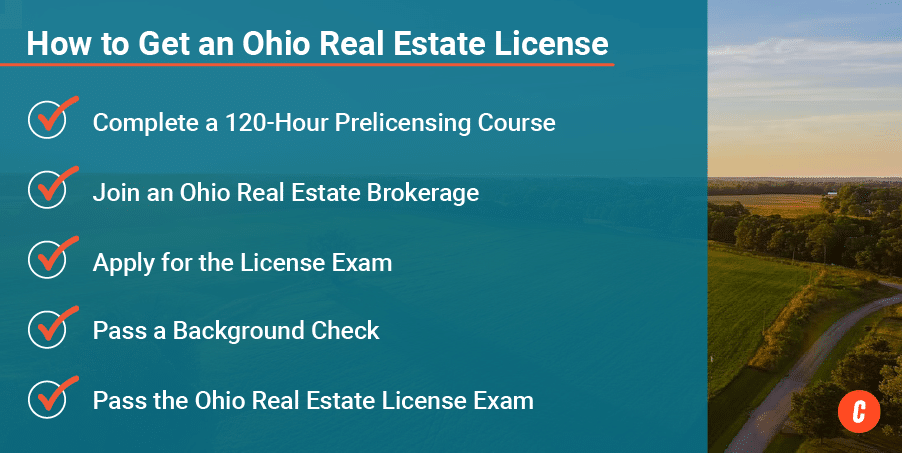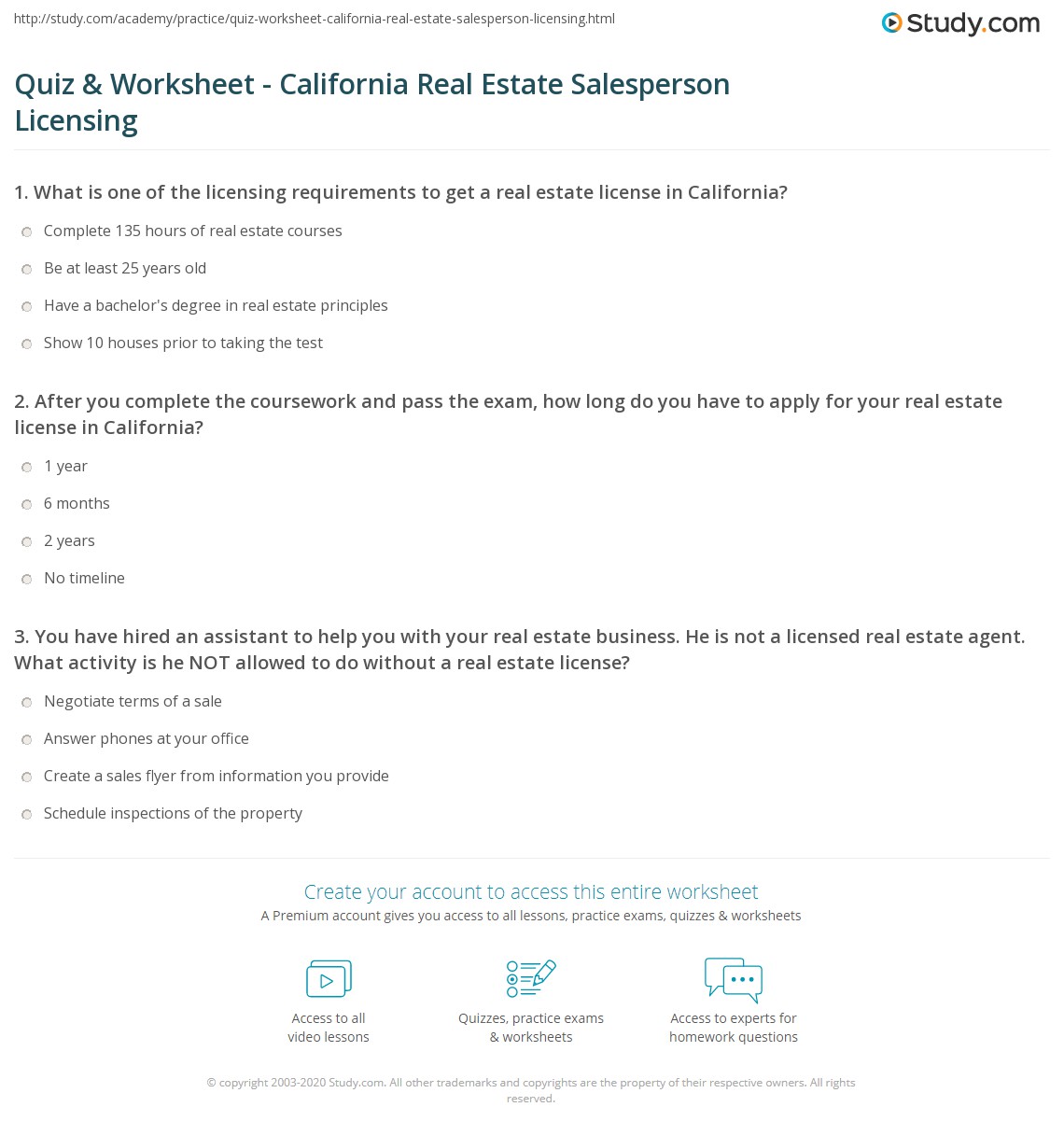
Multi-family mortgage loans are available. There are many things you need to take into consideration. These factors include your down payment, the interest rate, and other financing options. This article will detail the rates and down payments required for these types. Once you have this information, you will be able choose the best mortgage for you.
Multi-family mortgage loan rates
The interest rate on a multi-family mortgage loan is affected by many factors. First of all, the reserve requirements on these loans are generally higher than those for conventional loans. Because multifamily loans have a higher level risk, they are generally more expensive. For this reason, buyers should try to find a lender that specializes in multifamily loans.
Traditional FHA mortgages allow borrowers to buy multifamily properties with up to four units. You will enjoy a lower down payment and a lower interest rate, among other benefits. Other benefits include lower DTI, less stringent requirements, and lower DTI.

Down payment requirements
Multi-family mortgage loans have different down payment requirements depending on the property. A three-unit multifamily home may require 20% down payment while a 2-unit property might require only 5%. A multifamily property may require a 20% down payment. Different banks will have different guidelines.
Multi-family properties require a significantly larger down payment than single-family homes. However, it is possible to still be approved for a loan with a lower down payment. Some programs may require as low as five percent down; some lenders may even allow zero down. Programs that allow you use the downpayment of a relative or parent in order to finance a part of your mortgage can also be found.
Interest rate requirements
There are several requirements that must be met before you can apply for a multi-family loan. Pre-qualification involves reviewing your assets, credit score, and income. To process a loan, most lenders will require a minimum score of 620.
Alternative financing options
Alternative financing is not without its challenges. These include limited documentation, a lack of data on the effectiveness of alternative financing, and wide variations among states in the types of alternative financing available. The inability to conduct research can prevent policymakers from properly assessing the benefits and harms associated with alternative financing.

Alternative financing options for multifamily mortgage loan requirements include private equity, debt funds, and online marketplaces. Private equity funds are often used to finance commercial real estate deals. These funds pool the capital from several investors and offer equity or debt financing. This type of financing is not suitable for all situations and requires due diligence.
FAQ
What should I do before I purchase a house in my area?
It depends on the length of your stay. Save now if the goal is to stay for at most five years. But, if your goal is to move within the next two-years, you don’t have to be too concerned.
Can I buy my house without a down payment
Yes! Yes. These programs include FHA loans, VA loans. USDA loans and conventional mortgages. Visit our website for more information.
How long will it take to sell my house
It depends on many factors including the condition and number of homes similar to yours that are currently for sale, the overall demand in your local area for homes, the housing market conditions, the local housing market, and others. It can take anywhere from 7 to 90 days, depending on the factors.
Is it possible to quickly sell a house?
It may be possible to quickly sell your house if you are moving out of your current home in the next few months. There are some things to remember before you do this. First, you will need to find a buyer. Second, you will need to negotiate a deal. You must prepare your home for sale. Third, you must advertise your property. Lastly, you must accept any offers you receive.
Statistics
- Some experts hypothesize that rates will hit five percent by the second half of 2018, but there has been no official confirmation one way or the other. (fortunebuilders.com)
- The FHA sets its desirable debt-to-income ratio at 43%. (fortunebuilders.com)
- Over the past year, mortgage rates have hovered between 3.9 and 4.5 percent—a less significant increase. (fortunebuilders.com)
- It's possible to get approved for an FHA loan with a credit score as low as 580 and a down payment of 3.5% or a credit score as low as 500 and a 10% down payment.5 Specialty mortgage loans are loans that don't fit into the conventional or FHA loan categories. (investopedia.com)
- This seems to be a more popular trend as the U.S. Census Bureau reports the homeownership rate was around 65% last year. (fortunebuilders.com)
External Links
How To
How to Manage A Rental Property
You can rent out your home to make extra cash, but you need to be careful. We'll show you what to consider when deciding whether to rent your home and give you tips on managing a rental property.
If you're considering renting out your home, here's everything you need to know to start.
-
What should I consider first? Take a look at your financial situation before you decide whether you want to rent your house. If you are in debt, such as mortgage or credit card payments, it may be difficult to pay another person to live in your home while on vacation. You should also check your budget - if you don't have enough money to cover your monthly expenses (rent, utilities, insurance, etc. It might not be worth the effort.
-
How much does it cost for me to rent my house? There are many factors that go into the calculation of how much you can charge to let your home. These factors include the location, size and condition of your home, as well as season. Keep in mind that prices will vary depending upon where you live. So don't expect to find the same price everywhere. Rightmove reports that the average monthly market price to rent a one-bedroom flat is around PS1,400. This would translate into a total of PS2,800 per calendar year if you rented your entire home. That's not bad, but if you only wanted to let part of your home, you could probably earn significantly less.
-
Is this worth it? Doing something new always comes with risks, but if it brings in extra income, why wouldn't you try it? Make sure that you fully understand the terms of any contract before you sign it. It's not enough to be able to spend more time with your loved ones. You'll need to manage maintenance costs, repair and clean up the house. These are important issues to consider before you sign up.
-
Are there any benefits? There are benefits to renting your home. Renting out your home can be used for many reasons. You could pay off your debts, save money for the future, take a vacation, or just enjoy a break from everyday life. Whatever you choose, it's likely to be better than working every day. You could make renting a part-time job if you plan ahead.
-
How can I find tenants After you have made the decision to rent your property out, you need to market it properly. Listing your property online through websites like Rightmove or Zoopla is a good place to start. Once you receive contact from potential tenants, it's time to set up an interview. This will enable you to evaluate their suitability and verify that they are financially stable enough for you to rent your home.
-
How can I make sure I'm covered? If you don't want to leave your home empty, make sure that you have insurance against fire, theft and damage. You'll need to insure your home, which you can do either through your landlord or directly with an insurer. Your landlord may require that you add them to your additional insured. This will cover any damage to your home while you are not there. However, this doesn't apply if you're living abroad or if your landlord isn't registered with UK insurers. In such cases, you will need to register for an international insurance company.
-
Even if your job is outside the home, you might feel you cannot afford to spend too much time looking for tenants. You must put your best foot forward when advertising property. You should create a professional-looking website and post ads online, including in local newspapers and magazines. Additionally, you'll need to fill out an application and provide references. While some people prefer to handle everything themselves, others hire agents who can take care of most of the legwork. Either way, you'll need to be prepared to answer questions during interviews.
-
What should I do once I've found my tenant? If you have a lease in place, you'll need to inform your tenant of changes, such as moving dates. You can negotiate details such as the deposit and length of stay. You should remember that although you may be paid after the tenancy ends, you still need money for utilities.
-
How do you collect the rent? When it comes to collecting the rent, you will need to confirm that the tenant has made their payments. You will need to remind your tenant of their obligations if they don't pay. You can deduct any outstanding payments from future rents before sending them a final bill. You can call the police if you are having trouble getting hold of your tenant. They will not usually evict someone unless they have a breached the contract. But, they can issue a warrant if necessary.
-
How can I avoid problems? It can be very lucrative to rent out your home, but it is important to protect yourself. Consider installing security cameras and smoke alarms. Check with your neighbors to make sure that you are allowed to leave your property open at night. Also ensure that you have sufficient insurance. You should never allow strangers into your home, no matter how they claim to be moving in.